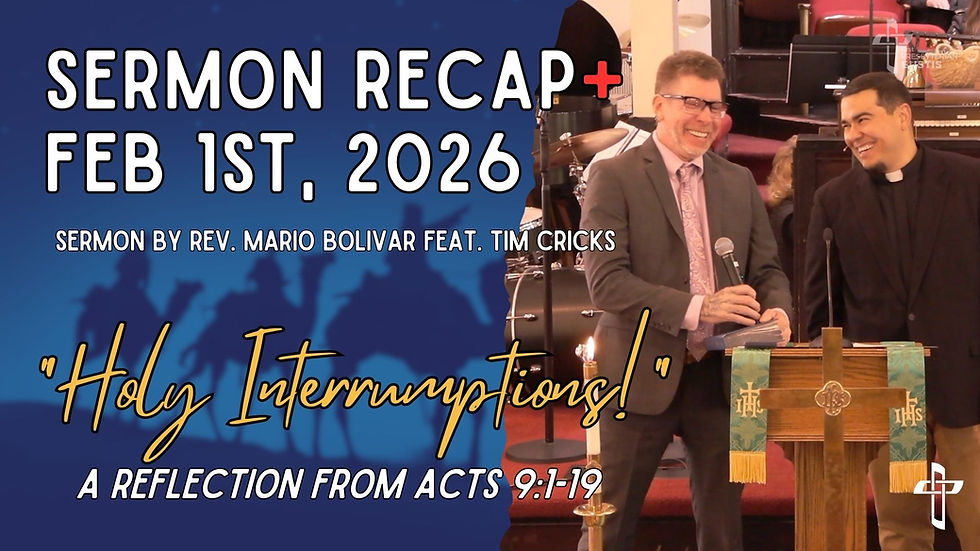What is the Reformation?
- Mario Bolivar
- Oct 27, 2022
- 2 min read
Updated: Nov 17, 2022
Many churches designate the final Sunday in October of each year as "Reformation Sunday." If you weren't raised with this custom, you might be curious in its origins and the reasons why some congregations still follow it.
And why should we care about Reformation Sunday?
Sunday's Reformation in History. Our story starts in the 16th century, specifically in 1517. Please bear with us as we provide a very condensed explanation of intricate theological, political, and economic events that all occurred at the same time.
The Roman Catholic Church was conducting one of its largest ever fundraising campaigns throughout Europe.
The church would give someone a certificate acknowledging their donation and promising that they or their loved ones would be spared from some of the suffering anticipated in the afterlife if they made a financial contribution to help build Saint Peter's Basilica in Rome as a sign of contrition for their sins and repentance.
In summary, the church of that era taught that even individuals who were destined for heaven had to be purified of their sins committed on earth, and that this purification (or purging) took place in an area known as Purgatory in the hereafter. The church's "Indulgences" certificates, which it issued, made a promise to shorten this period of cleaning for those who have already passed away or for oneself.
At the time, this behavior was explained in several very subtle ways. There were also other pretty obscene justifications, which essentially amounted to people paying to be absolved.
All Saints Day, observed on November 1st according to the church's calendar, was a significant day for the selling and purchasing of these indulgences.
The previous day, a German monk by the name of Martin Luther published a list of 95 Theses, or 95 arguments against the sale of indulgences. Those 95 Reasons, along with other Martin Luther publications, became widely known.
Luther believed that nothing we do, including purchasing indulgences or putting in sufficient good deeds, will earn us forgiveness. Instead, it is because of who God is that we are pardoned. God is merciful and gracious, and as a result, we are loved and forgiven.
Martin Luther was excommunicated from the church as a result of his views and writings. But he went with company. Others shared his viewpoint, and those who did so after his death adopted the names Lutherans and Protestants.
Every Protestant church may trace its origins to this point in time.





Comments